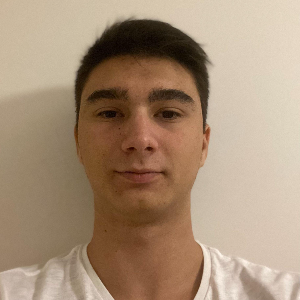Title : Different approaches in hemispheric specialization in the perception of auditory stimuli
Abstract:
The human brain has developed different neural mechanisms to perceive time in twelve scales. Neural population clocks and ramping activity are the mechanisms responsible for perceiving subsecond timing, which includes speech recognition and internal discrimination. The human brain cannot precisely perceive auditory stimuli, and its perception depends on several factors such as arousal levels, age, emotional state, and external stimuli. In fact, two hemispheres of the brain perceive an auditory stimulus with different accuracies. There is also a more contralateral relationship than an ipsilateral one between the ears and the hemispheres of the brain. This indicates that the precision of the two ears in terms of perceiving auditory information is different. Furthermore, there are two hypotheses on which types of auditory stimulus are perceived better by which hemisphere of the brain: the domain-related hypothesis and the parameter-specific hypothesis. According to the domain-related hypothesis, the lateralization of the auditory stimuli depends on whether the stimulus is language or nonspeech. Many experiments showed that the language is lateralized in the left hemisphere and the nonspeech is lateralized in the right hemisphere according to this hypothesis. However, according to the parameter-specific hypothesis, the lateralization of the auditory stimuli does not depend on the stimulus type; it depends on whether the stimulus is a temporal or a spectral stimulus. According to this hypothesis, many experiments demonstrate that there is a left hemispheric lateralization for the perception of temporal auditory stimuli and a right hemispheric lateralization for the perception of spectral auditory stimuli independent of whether the stimulus is speech or nonspeech. Also, according to some experiments, one of the factors contributing to this effect is the denser myelination in the left hemisphere of the auditory pathways.
Audience Take Away
- The audience will learn two different hypotheses in the lateralization of the auditory stimuli
- The audience will learn how neurological structures contribute to the function of the auditory pathways
- The significance of learning about the lateralization of the brain in perceiving auditory stimuli is to explore more about the factors contributing to the perception of auditory stimuli




